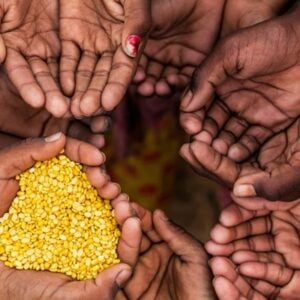The Department of Health (DOH) of the Philippines, in collaboration with UNICEF and with funding from the Government of Japan, has launched DigiVacc—a digital platform that replaces traditional paper-based immunization records for children. This initiative aims to streamline the immunization process, ensuring that every Filipino child receives complete and timely vaccinations. DigiVacc supports the country’s digital health transformation by enhancing the efficiency and accuracy of immunization tracking.
DigiVacc addresses several longstanding issues in immunization data management. These include difficulties with paper records, delays in reporting, incomplete data from private facilities, and the inability to track missed vaccinations. It also solves the problem of lost or damaged immunization records due to various disruptions such as staff turnover or system failures. By digitizing records, DigiVacc safeguards vital health information and supports better continuity of care.
With near real-time data access, DigiVacc enables health authorities to monitor immunization coverage more effectively. This enhances the ability to identify gaps and bottlenecks, ultimately improving service delivery and policy decisions. The system comprises two core applications that connect health workers and caregivers to ensure children are protected from vaccine-preventable diseases.
VaccTrace, the health worker-facing application, allows for digital recording of immunization services, automatic report generation, and the sending of SMS reminders to caregivers. It also supports offline data entry, making it functional even in areas with limited internet access. On the other hand, VaccCheck, the caregiver-facing app, lets parents view, download, and track their children’s vaccination records. It also provides vaccine schedules and reminders, empowering families to make informed health decisions.
Officials emphasized the importance of real-time data during the COVID-19 pandemic and noted that DigiVacc is part of a broader movement toward more accessible and responsive health services. DOH Assistant Secretary Gloria J. Balboa described DigiVacc as a step toward a future where every child is visible, protected, and given a fair chance to thrive.
Dr. Aoki Fumiko, Health Attaché of the Japanese Embassy, reiterated Japan’s support for healthcare digitalization, expressing hope that this innovation will improve immunization planning and decision-making at all levels. Edgar Donoso Paz, UNICEF’s Acting Representative in the Philippines, added that vaccinated children are healthier and perform better, contributing to national progress.
Initially, DigiVacc will be implemented in 13 local government units, with further expansion expected. More information and access to VaccTrace and VaccCheck can be found on the official website: www.digivacc.ph.







